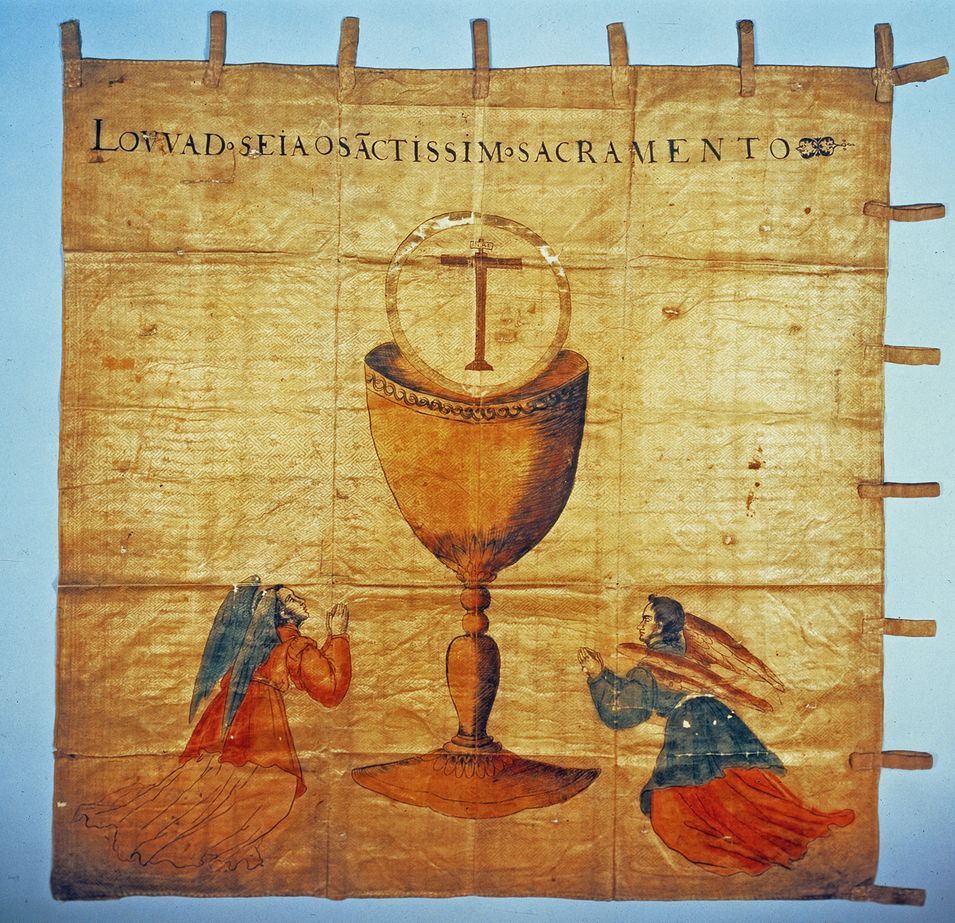Religious Heritage in Kyūshū, Japan - (In)visible Christianity in Change
Religious Heritage in Kyūshū, Japan - (In)visible Christianity in Change

Speaker
Prof. Dr. Ursula Koike (Kumamoto University, Global Education)
Date and Time
August 20, 2:15 pm - 4 pm
Venue
Zürichbergstrasse 4, CH-8032 Zurich, Room ZUB-314
Abstract
Christianity in Japan can look back on over 450 years of history. After the arrival of the Jesuit Francis Xavier in Kagoshima in 1549, Christianity spread across large parts of the country and was accompanied by lively cultural exchange. This lecture will present visual traces of the so-called “Christian Century”.
In 1614, the Tokugawa Shōgunate prohibited Christianity, expelled all missionaries from the country and persecuted the believers. Despite all the repression, Christians in remote areas of Kyūshū maintained their religion in secret and survived as isolated groups until the ban was lifted in 1873. This hidden Christianity developed a unique visual language.
In 2018, the cultural legacy of the Christians on Kyūshū was registered as a UNESCO World Heritage Site under the name "Hidden Christian Sites in the Nagasaki Region". This recognition has brought previously overlooked places and traditions into the public eye.
What does their Christian past mean to the Japanese? What are the realities and expectations of the new religious world heritage site?
A look at the current representation of Christianity in Amakusa (Kumamoto Prefecture) will help to get to the bottom of these questions.
Organisation
Institute of Asian and Oriental Studies - Japanese Studies, Institute of Art History